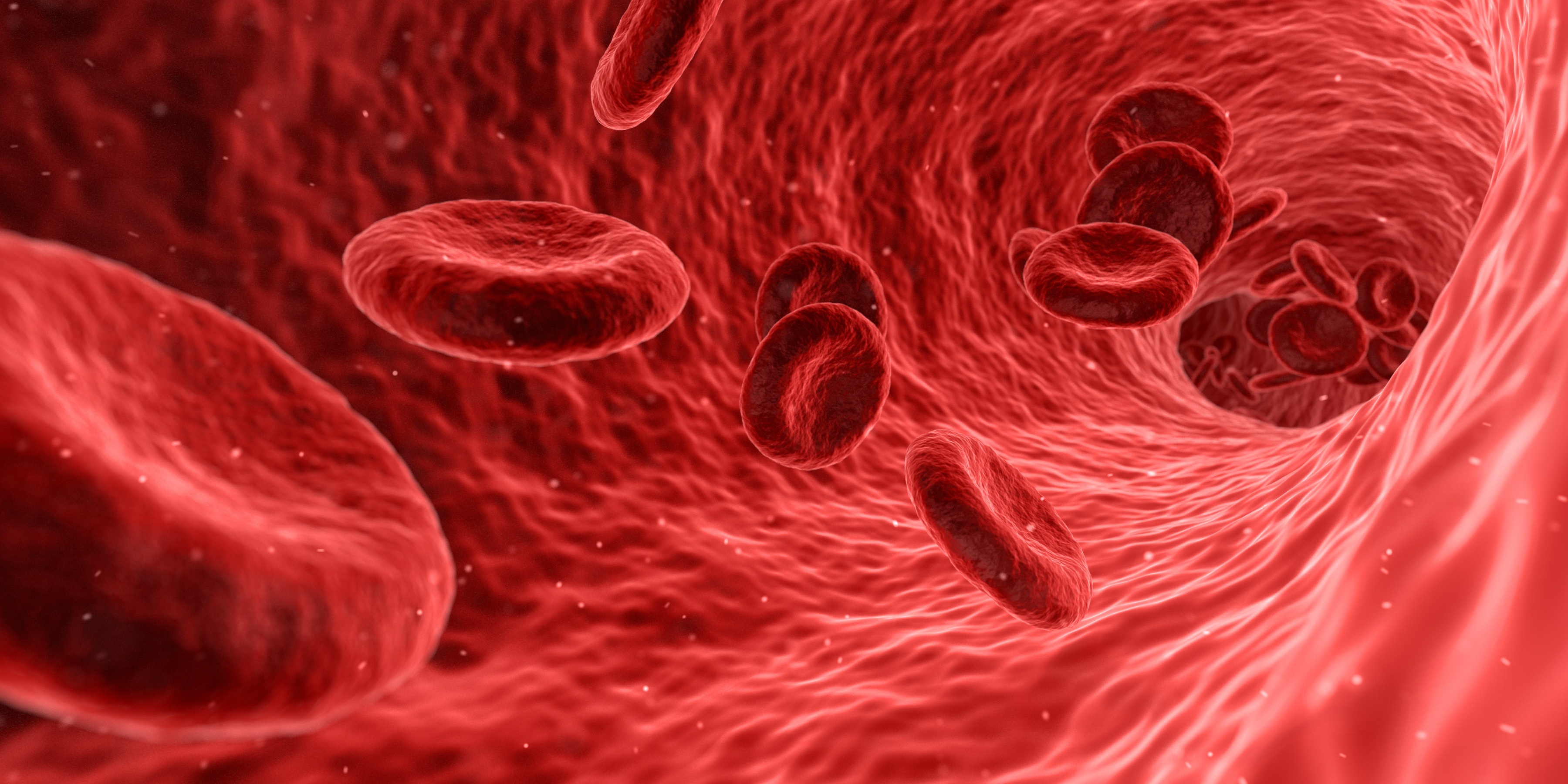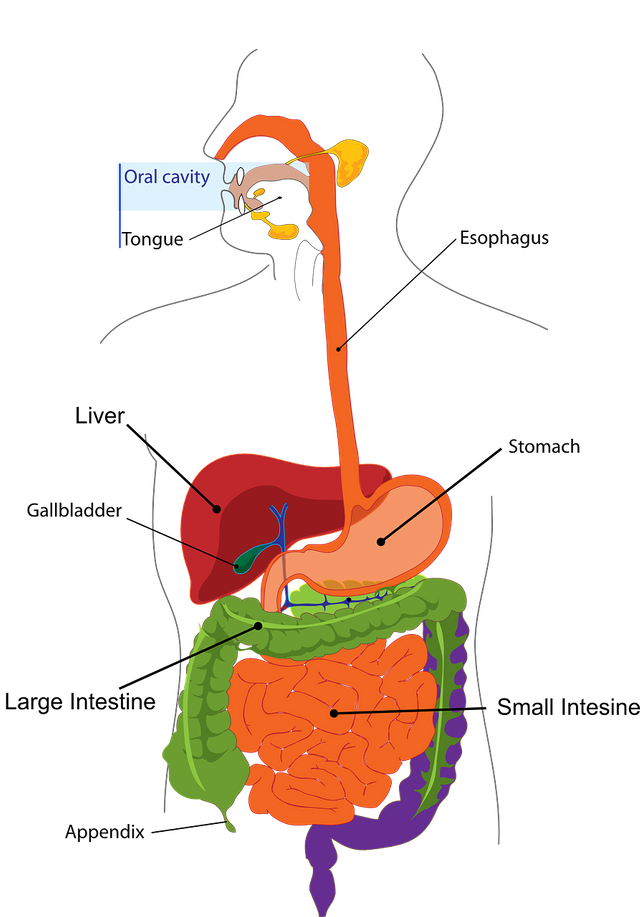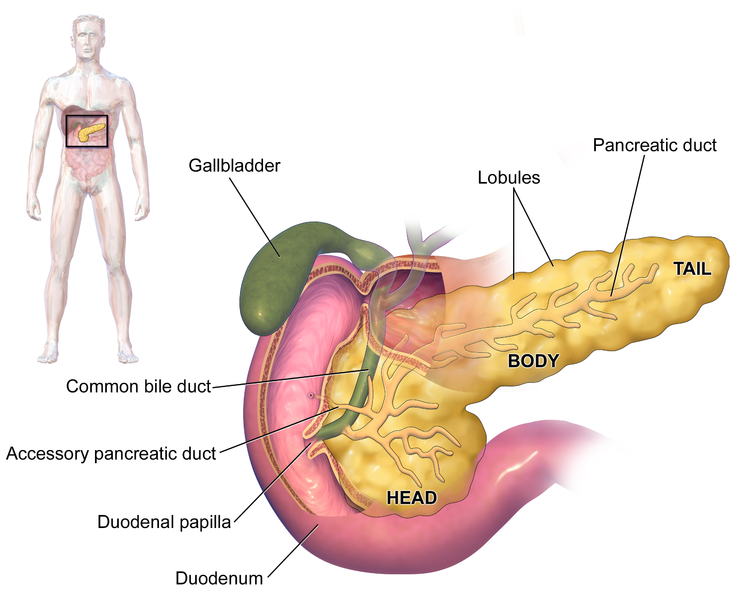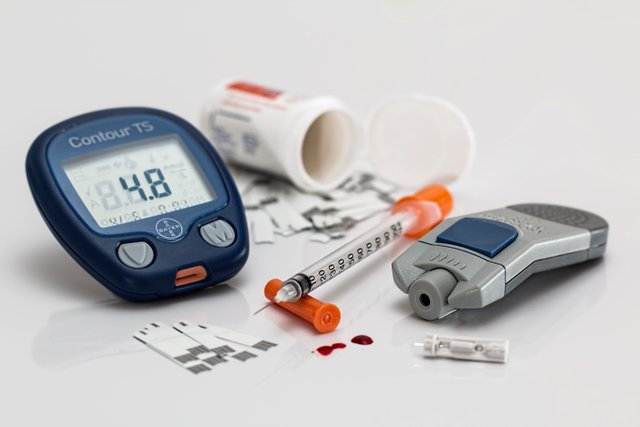Diabetes, Baldness & Why Sugar Won't Give You Diabetes
Drinks, anyone?
I used to drink coca cola a lot. At a point, I suppose, I was addicted to the stuff. As with many things in my life, at a point I stopped drinking coke just to see if I could. Of course I could, so I stopped.

Once in a while I still drink coke and when I do, my friends ensure to tell me that I'm literally drinking diabetes and over time I got interested in the subject. I wasn't that interested though, until a friend and colleague of mine died from diabetes. Sad.
Ejis did not drink coke. In fact he never drank any mineral water or soda as some would call it. He did drink beer a lot and smoked a lot. So how did diabetes get him, I wondered. I often told him to smoke less.

Why spend thy money on that which is not food?

Of course, he would not listen. His smoking habit was not learned in a day and he was not about to stop it abruptly because I said so. I was worried for him about cancer.
Something must kill a man
He was right. Something did kill a man
The Biology Class
"Digestion of carbohydrates begins in the mouth from mastication," Mr. Jackson said. In my estimation, Mr. Jackson liked big words. I didn't understand what he meant but I liked the word "mastication".

"Saliva is secreted from the salivary gland which contains enzymes that aid in digestion. The food moves from the mouth to oesophagus or gullet to the stomach where carbohydrates are converted to glucose and stored as glycogen with the help of insulin which is produced by the pancreas in the islet of Langahans," He continued. This is all I recall from my biology class concerning digestion of carbohydrates from secondary school.
The Pancreas
Apparently, there is an organ called pancreas close to the stomach in front of the spine that's responsible for producing insulin and glucagon which are hormones responsible for regulating blood sugar levels. In the pancreas this job is carried out by beta cells which are found in a cluster of cells called Islet of Langerhans, named after the guy that discovered them.

Wikipedia image
Did you know that there are Type 1 and Type 2 Diabetes?
Beta Cells and Type 1 Diabetes
First of all, did you know that our immune system is always working round the clock fighting off and attacking diseases that may dare to attack us? Well, it is true. I recently read where @greenrun wrote about how alopecia or baldness was caused by this defence system attacking the hair follicle causing an imbalance in hair loss and regrowth. Interesting stuff: who would have thought that baldness had anything to do diabetes?
In the case of diabetes, Type 1 is called an Autoimmune disease because the body for some unclear reasons, look at the beta cells which produces insulin and glucagon (which are responsible for regulating blood sugar levels) and suddenly think that these cells are harmful to the body. As a result, and the immune system attack them, rendering them unable to perform their duties optimally.
What Causes Diabetes?
The question of cause is a difficult question because there are more than one type of diabetes. From the ongoing, we have established that type 1 is caused by an attack of the immune system on the cells responsible for producing the substance that controls blood glucose. Type 2 diabetes is caused by something entirely different.

Type 2 Diabetes...
Type 2 diabetes results when the body becomes resistant to insulin. What this means is that when the blood sugar level goes above normal level and the pancreas produces insulin to help store the excess sugar in cells as fat and energy, the cells fail to act accordingly. This triggers more production of insulin still to no avail. Sometimes this results to too much production of insulin called hyperinsulinemia
Insulin resistance, type 2 diabetes and prediabetes are tied to obesity. Prediabetes is a condition where the blood sugar levels are higher than normal but not high enough for the patient to be termed diabetic. It results directly from insulin resistance.
Causes of Insulin Resistance
Insulin resistance is the primary condition that causes type 2 diabetes therefore identifying the causes would help individuals prevent the disease. Unfortunately, it is not clear what causes it but the following conditions are known to promote its development:
- chronic stress
- consumption of food with high calorie value
- overweight or obesity
- prolonged intake of steroids
- lack of exercise and prolonged sedentary lifestyle
So this is the type of diabetes for which your friends encourage you to avoid high carb and high calorie diets.
Treatment of Diabetes
Type 1
Basically, anyone with a type 1 diabetes needs a lifelong insulin therapy.
Treatment for type 1 diabetes includes:
- Taking insulin
- Carbohydrate, fat and protein counting
- Frequent blood sugar monitoring
- Eating healthy foods
- Exercising regularly and maintaining a healthy weight
Type 2
Management of type 2 diabetes includes:
- Eating Food With Low Glycemic Index: basically these are foods with high fibre content and includes whole grain, vegetables and fruits.

- Regular exercise: a diabetic patient should work with the physician to determine a suitable exercise plan.
- Diabetes Medication and Insulin therapy: this should be monitored closely.
- Blood sugar monitoring
Following the above guidelines will keep your blood sugar level closer to normal, which can delay or prevent complications.
Other Treatments...
Apart from the above, it has been found that certain cloves like garlic has shown outstanding results in managing the symptoms associated with type 2 diabetes.
Consumption of low carbohydrate and ketogenic diets also help to reduce insulin resistance. Ketogenic diets are diets that are low in energy content which consistent use would result in body cells converting body fat to energy sources (called ketones) in a process called ketosis.
Effects of Alcoholic Drinks and Smoking on Diabetics
According to Katherine Zeratsky, low alcohol intake may actually reduce the chances of rising blood sugar but high level of alcohol consumption will increase blood sugar levels and the likelihood of having type 2 diabetes.
The relationship between tobacco smoking is not clear but heavy smokers (those who smoke up to 20 sticks a day) double their chances of becoming diabetic.
Finally,
The human body is fragile and the thread that holds it together is surprisingly tenuous. We owe it to ourselves and our loved ones to take care of this body as best we can because we shall need it for as long as we are here.
I hope this has been informative for you and I'd like to thank you for your time. Please let me know if you have more solutions to diabetes in the comment section. Thank you.
All unreferenced images were obtained from pixabay
Your boy Kels
@churchboy
This was very intense research and knowledge you just shared. Am sorry for your friend too.
Studies have shown that beer contains more sugar than coke, because for beer to get to the acceptable taste it has it contains double if the sugar in coke.
Also, alcohol has more calories of 7kcal while carbohydrate has just 4kcal so we do the maths. Though alcohol is nit bad but excesdive intake is detrimental. Instead of taking much of a beer it is very rich to take red wines and in moderate quantities too as little acohol helps to burn body fat. Simply too much of everything could be bad.
Like you explained diabetic is tied to obesity because once the body is resistant to insulin the fat and sugar are not acted upon and so the individual suffers accumulation of fat which leads to obesity.
That is the resaon why these patients are encouraged to exercise often and take insulin for those suffering from type 1 diabetes.
Am a lover of coke but I have very high metabolic rate and so my body tends to use it fast and I burn it in activities too.
Thank you very much for sharing this information @churcboy
Wow @gloglo. That's some educative comment right there. After writing about how the brain gets better through learning new things and forcing the neurons to make new connections, I thought I'd take my own advice and move out of my comfort zone by learning things which I did not know before.
One way I thought to do that was by choosing a topic of interest and finding out enough about it to make a post. So obviously I'm not an expert in science or medical field for that matter so I really appreciate your comment. It makes sense that beer should contribute more calories than coke especially since those who drink it seldom just drink one bottle.
Yeah, Ejis was a supercool guy. The type of guy that would never throw another guy under the bus to save himself. He is greatly missed. Thank you for stopping by. I'm greatly encouraged by it. I'm not sure I'm following you. I will check now and remedy that if not. You're appreciated.
It was really a pleasure coming across your post. Loved your choice of topic and am sure you are doing absolutely fine. Continue giving us some of those juicy yet educative topics and never stop.
Am sure your friend is resting well by now. Thank you very much my friend.
Thank you. You're appreciated. I hope I can meet your expectation in my next post. I'm encouraged. I'm sure he is in a better place. Take care.
So educative, I'm impressed with the findings. @churchboy
Thanks a lot. A little biology never hurts. I appreciate your time and input.
This is very detailed research on diabetes. I used to be a fan of Coca-Cola too but I've kicked the addiction. I'm now content with water.
Thanks a lot.
Detailed post. Hard to find all this information about diabetes in one place. Thanks for sharing. Resteeming.
Thanks a lot.
Yes, @gloglo is correct, beer and other alcohol have a lot of sugar in them. It is not doubt part of the fermentation process. Starchy foods lie potatoes and pasta and bread are converted to sugar as well. Very good post about just how delicate the human body is. Thank you.
Thanks a lot. It is always a pleasure to interact with you. I've always thought about sugar in terms of all the carbohydrates we consume daily especially in my country. We are lucky that majority of us have very active lifestyles and that our hot weather aids metabolism and energy usage. If not, most of us would be more likely to suffer from the amount of carbohydrate we consume, either by obesity or prediabetes.
I find you amazing. Thanks for stopping by.
Thank you for a very nice comment. Back at ya.
Excellent. Some of actually know little of these but can't practice it considering d situation of the country. People eat wat dey can afford nt minding d effect on d body.
True. But those who cannot afford to choose what they eat also happen to be the most physically active people so there is a payoff. Thanks for visiting my blog and for your comment.